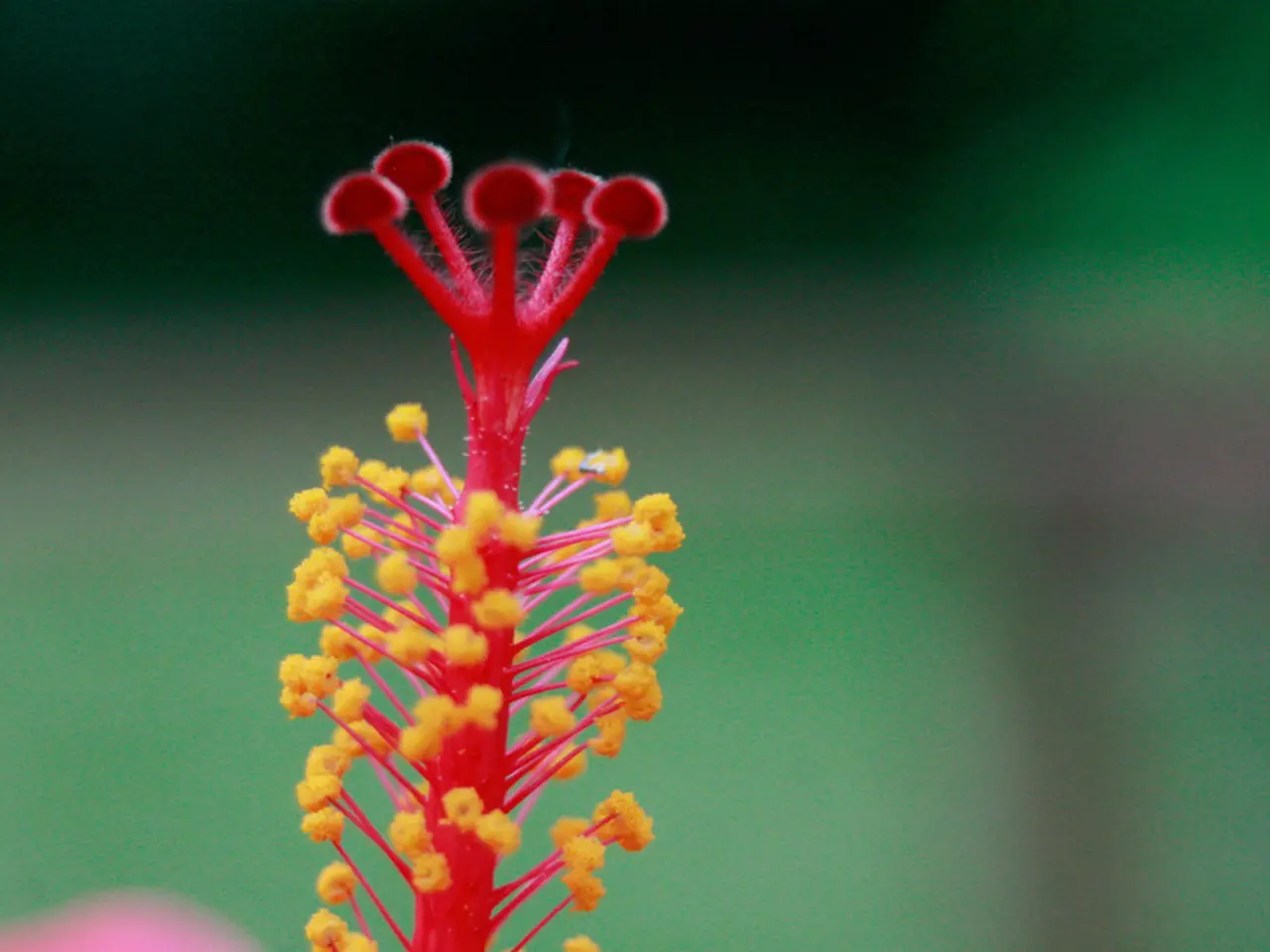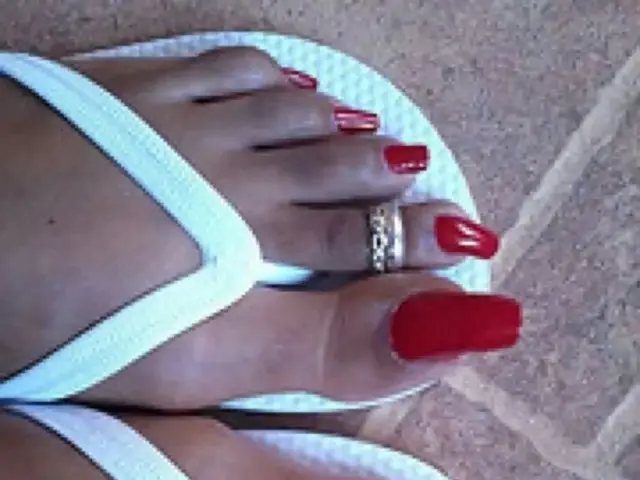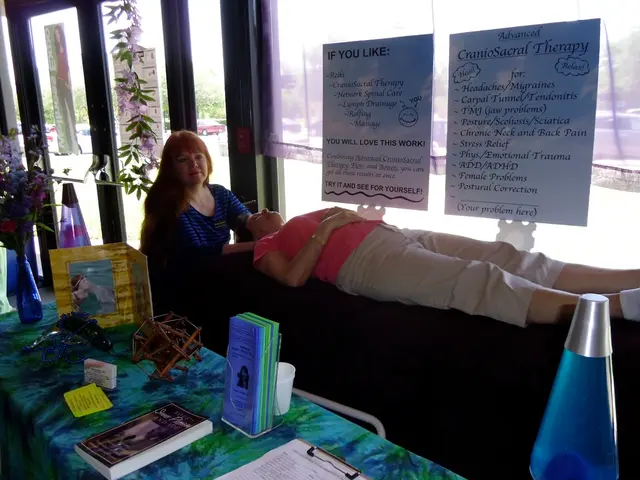Detailed Overview of Nonallergic Rhinitis: Recognizing Symptoms and Remedies
Nonallergic rhinitis, a chronic condition characterised by inflammation of the nasal passages, can be managed effectively with a combination of lifestyle changes, home remedies, and medical interventions. Unlike allergic rhinitis, which is triggered by allergies, nonallergic rhinitis is often caused by a variety of factors such as irritants in the air, weather changes, physical exertion, certain foods and drinks, hormonal changes, underlying health conditions, medications, overuse of decongestant nasal sprays, and environmental factors.
Effective management and alleviation of nonallergic rhinitis symptoms involve several approaches that target symptom relief and the underlying nerve imbalance. Nasal corticosteroid sprays are often used to reduce nasal inflammation and swelling, providing relief from congestion and a runny nose. Nasal saline irrigation or sprays with saltwater solutions can soothe irritated nasal passages, flush out irritants, and help relieve congestion and nasal discharge.
Avoidance of irritants, such as tobacco smoke, strong odors, and environmental triggers, is crucial as these can exacerbate symptoms. A novel treatment, cryotherapy (ClariFix®), specifically targets the nerves in the nose that contribute to symptom signaling, offering significant and long-lasting improvements in runny nose and congestion for many patients with chronic rhinitis, including nonallergic types.
Traditional treatments such as nasal sprays, drops, and pills can manage symptoms but may have side effects or not fully address the root cause. Lifestyle modifications, such as sleeping on your side instead of your back, managing acid reflux, and maintaining optimal humidity levels in your home with a humidifier, can also help alleviate symptoms.
Over-the-counter medications like antihistamines and nasal sprays can help relieve symptoms, while prescription medications may be necessary for managing severe symptoms. However, it is advisable to seek a healthcare provider if experiencing severe symptoms, inadequate relief from home remedies or over-the-counter medications, or adverse side effects from medications.
Risk factors for nonallergic rhinitis include exposure to unclean air, age over 20, prolonged use of decongestant nasal sprays, hormonal changes during pregnancy or menstruation, occupational exposure to fumes or chemicals, underlying health conditions, and certain medications. Complications of nonallergic rhinitis can include nasal polyps, sinusitis, impaired daily life, and disrupted sleep.
In summary, managing nonallergic rhinitis effectively includes nasal corticosteroids, saline nasal irrigation, environmental irritant avoidance, and novel treatments like nerve-targeting cryotherapy (ClariFix®), which can provide significant and durable symptom relief by addressing the underlying nerve imbalance rather than just masking symptoms. Practicing good hygiene, staying hydrated, and avoiding triggers can also help manage this condition. If symptoms worsen or persist despite treatment, further medical advice should be sought.
- Maintaining good health and wellness through self-care practices, such as staying hydrated and avoiding triggers, can be beneficial for managing nonallergic rhinitis.
- Fitness and exercise, while not directly causing the condition, can sometimes trigger symptoms in those with nonallergic rhinitis, so it's crucial to avoid physical exertion that aggravates symptoms.
- Style choices like wearing protectants and avoiding exposure to irritants such as tobacco smoke and strong odors can help alleviate symptoms of nonallergic rhinitis.
- Nutrition and managing acid reflux can also play a role in symptom relief for those with nonallergic rhinitis, as certain foods and drinks may contribute to the condition.
- Science and medical interventions, including the use of nasal corticosteroids, saline nasal irrigation, and novel treatments like cryotherapy, are effective in managing nonallergic rhinitis, particularly in addressing the underlying nerve imbalance.




